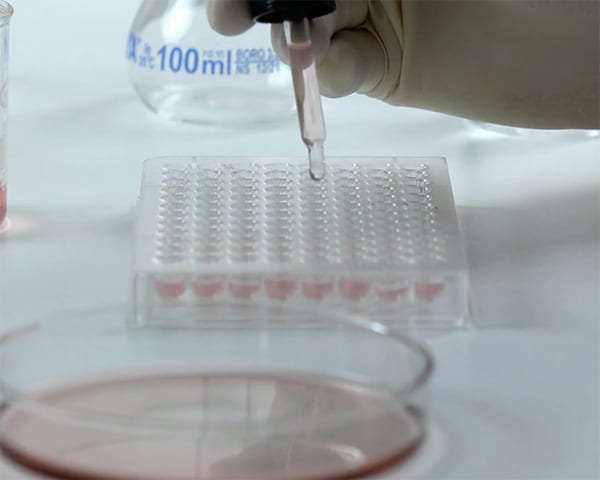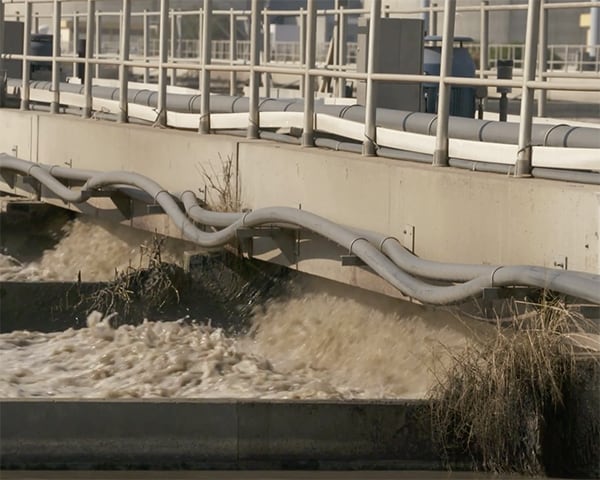Just as early detection screenings like colonoscopies can lead to life-saving early intervention treatments for patients, fecal matter tracing may also lead to an early warning opportunity for communities across America struggling to contain the spread of the COVID-19 virus.
New research shows traces of COVID-19 can show up in a person’s stool. This calls attention to the need for everyone to focus on good personal hygiene practices like washing our hands thoroughly after using the restroom.
Why are Some Cities Testing Wastewater for COVID-19?
The fact that small amounts of the coronavirus can be detected in fecal matter also has wastewater treatment facilities across America testing water for traces of COVID-19. If they see a large increase in the number of water samples containing the virus, it might serve as an early warning that a big spike in COVID-19 cases is coming to their community soon.
Jorge Zapatier, M.D., F.A.C.G., a gastroenterologist with Digestive Disease Consultants, thinks this testing concept can be useful during this pandemic.
“Testing wastewater has many potential applications. It’s very clearly documented that SARS/COVID-2 can be found in the stool of patients that have been infected.”

The idea of testing wastewater for COVID-19 has quickly caught on in cities around the world and across America. Wastewater testing is being done by 400 wastewater treatment facilities in Florida, New York, California, Oregon, Utah and in other states.
Scientists point out if COVID-19 shows up in a large number of water samples in a given metro area before people show symptoms, that will give hospitals a week to ten days of advance notice to get ready for an influx of patients.
Dr. Zapatier calls that a crucial advantage. “Knowing beforehand that a surge is coming will really help you to be prepared ahead of hand, order extra PPE, be ready with staffing. You can target the testing in areas that are certainly needed, like nursing homes, and ER’s.”
Supporters of the wastewater testing concept say it is a cost-effective, manageable way to track outbreaks across America. They see it as an alternative to the millions of COVID-19 blood tests that will need to be administered to Americans in the coming months to get an accurate picture of how and where the virus is spreading within the United States. Some supporters of wastewater testing for the virus are advocating for a coordinated national wastewater surveillance program to sound the COVID-19 alarm as early as possible.
Can COVID-19 be Transmitted in My Stool?
Research continues on whether the COVID-19 virus can be spread to another person through fecal matter. A study released in May, 2020 by epidemiologists at Rice University indicates scientists do not have all of the answers yet.

E. Susan Amirian, the Rice University study’s lead author says, “Most of the studies that have been done so far are picking up viral RNA in the feces rather than infectious virus. However, a few studies have shown that infectious virus may be present in stool samples.”
Amirian adds finding traces of the virus’ genetic material in stool samples is not as concerning for the general public as if future studies find actual infectious virus in stool samples. Amirian explains that would imply it is possible for COVID-19 to be transmitted to others through feces.
Dr. Zapatier wants to see more data to see if testing wastewater for traces of COVID-19 can help reduce transmission of the virus from person to person. Still, he believes tracing fecal matter in wastewater can offer a life-saving edge for health departments, hospital and nursing home administrators and doctors’ groups to plan ahead for a new wave of patients.
